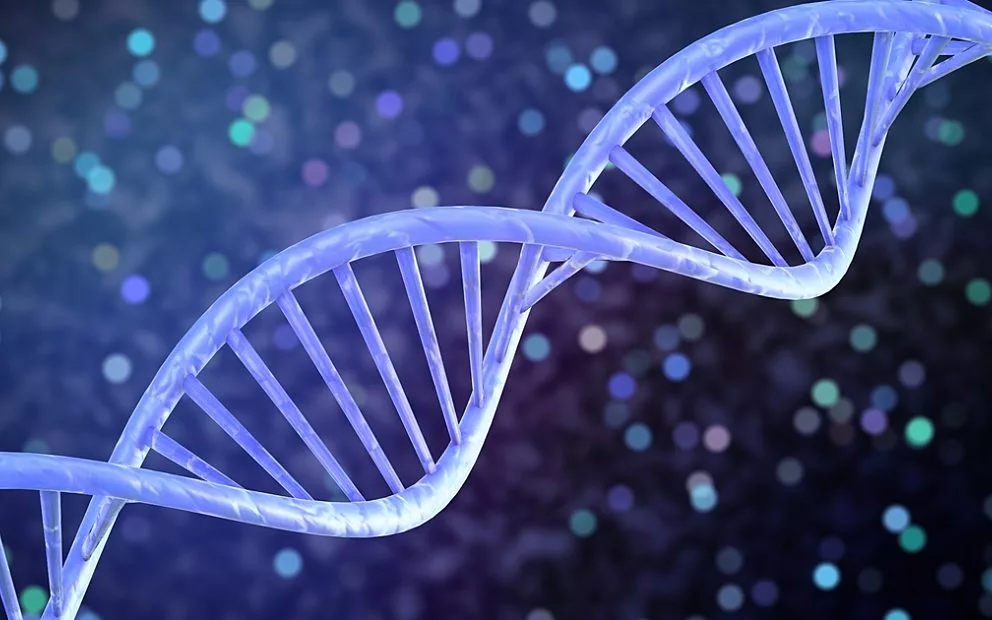Is there a link between our genes and how we cope with stressful situations? Research from the South Australian Health and Medical Research Institute’s (SAHMRI) Mind and Brain Theme has identified a gene that may predispose people to responding poorly to these stressful situations, and developing depression.
We all handle stressful situations differently, but there may be a reason that we react the way we do – and that may be our genetic makeup.
The genetics of depression
Professor Ma-Li Wong, Senior Principal Research Fellow and Head, Pharmacogenomics Research Program within SAHMRI’s Mind and Brain Theme and Strategic Professor in Psychiatry at Flinders University,said the team at SAHMRI is the only group looking into the PHF21B gene, and this is the first report that this gene is associated with depression.
“By taking a DNA sample, analyzing it for rare gene variants that cause change in the amino acid sequence of proteins, and comparing the genetic data from many people without depression with those with depression we can figure out whether the function of some genes could be related to increased risk for depression,” she said.
Important international study
Professor Wong added that this study is an international collaboration being led by SAHMRI.
“The first population that was analysed was a Mexican-American sample; the second population was a European and Australian sample contributed by Professor Bernhard Baune from the University of Adelaide. In the Mexican-American sample we were able to identify that several genetic variations could increase the risk for depression; however, only rare variations in the PHF-21B gene were confirmed to increase depression risk in the European and Australian population,” she said.
“Variants of the PHF21B gene contribute significantly to differences in the levels of expression of this gene in several brain areas, including the hippocampus, which is a brain region important in regulating a person’s mood and stress response.”
“Therefore, this gene could help modulate our mood and reaction to stress,” she said.
“We have obtained animal data that support this concept, and it provides a possible brain pathway that explains it.”
Major depressive disorder (MDD) affects around 350 million people worldwide. It’s obvious that this is a huge problem in our community, however, the underlying genetic basis remains largely unknown, and this is why the work being conducted at SAHMRI into depression is so important.


